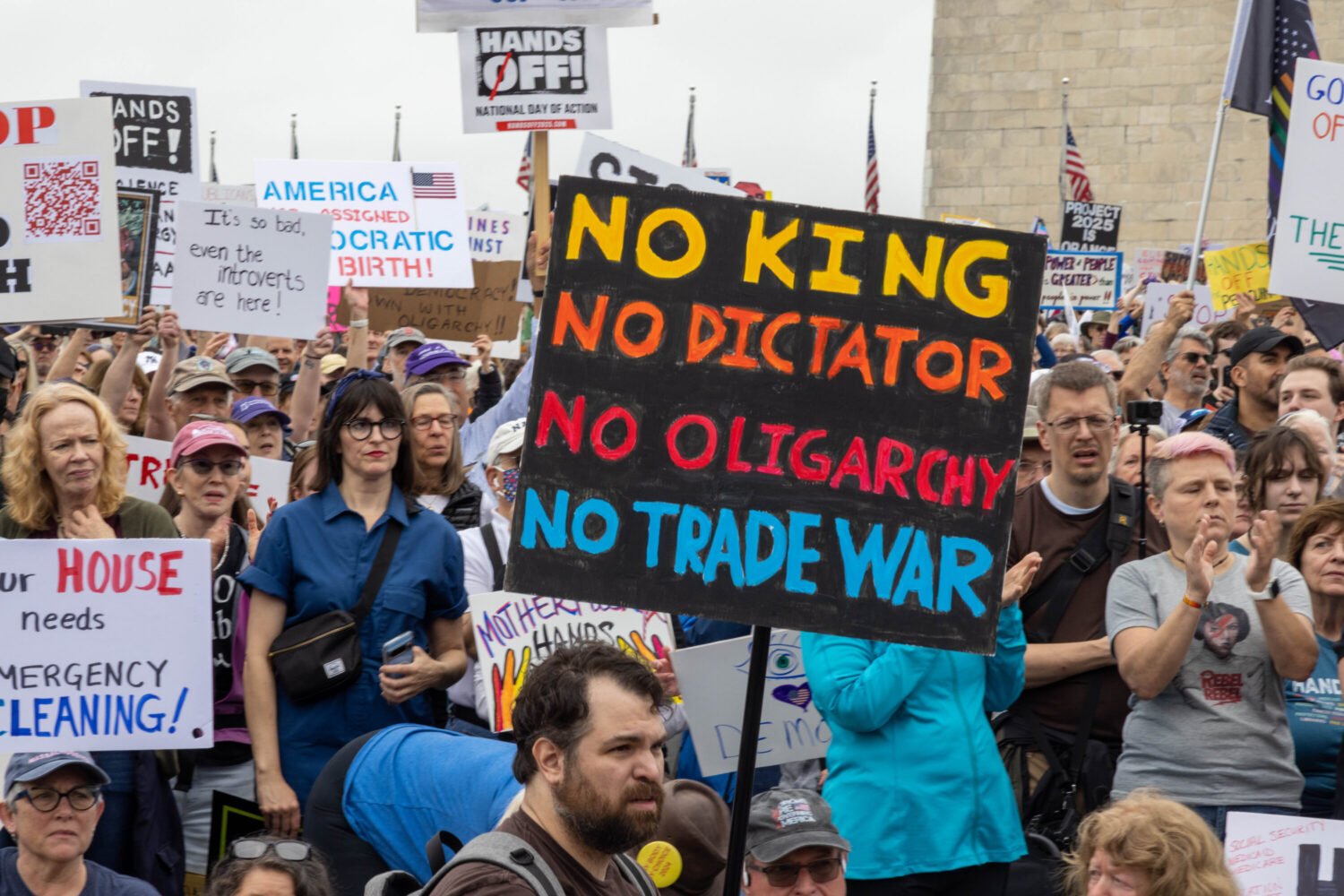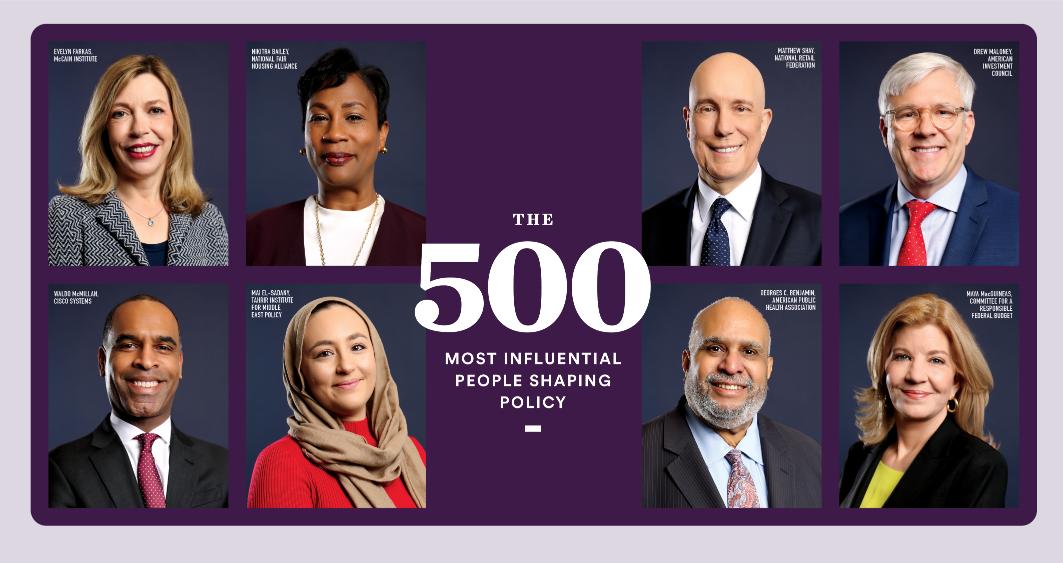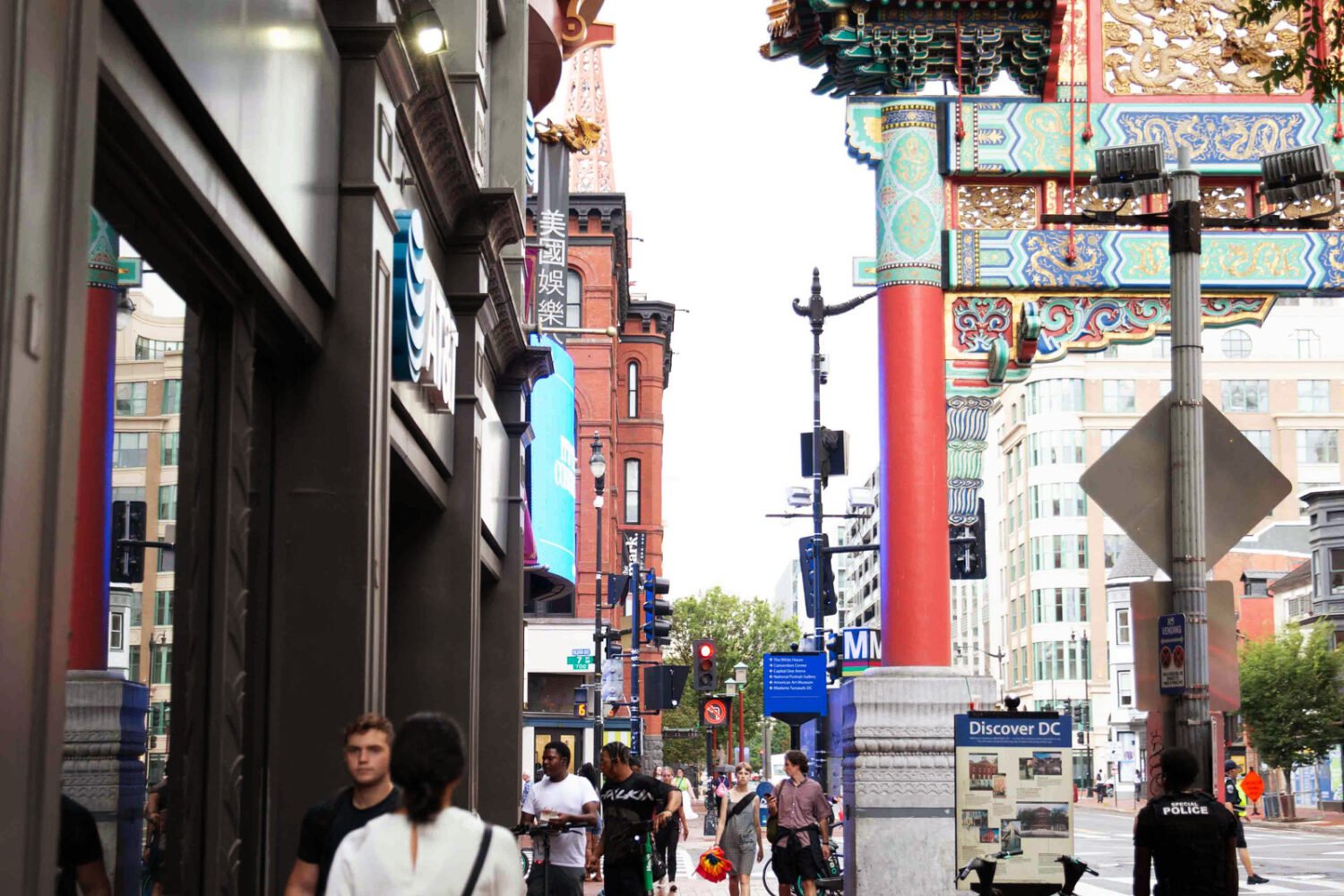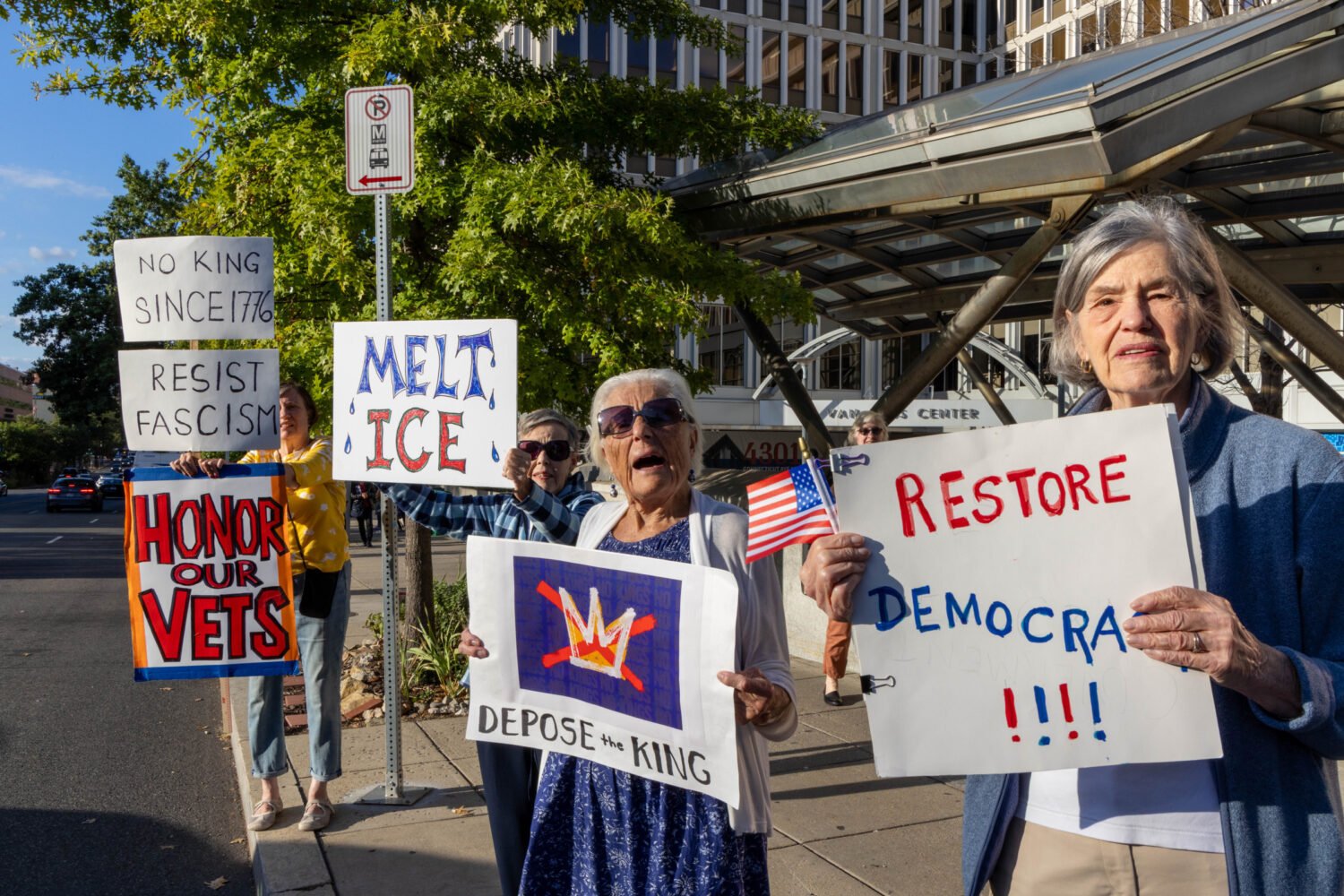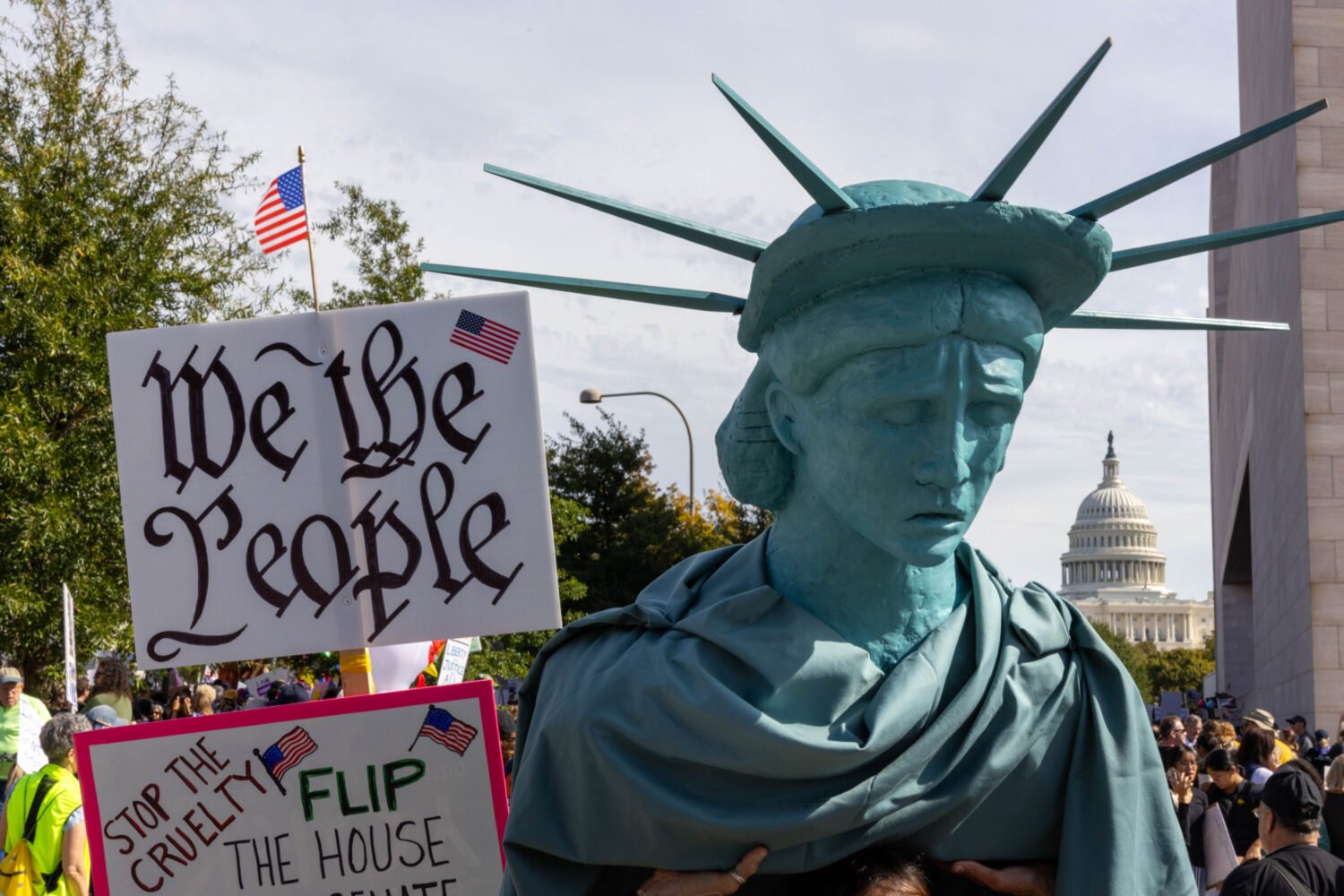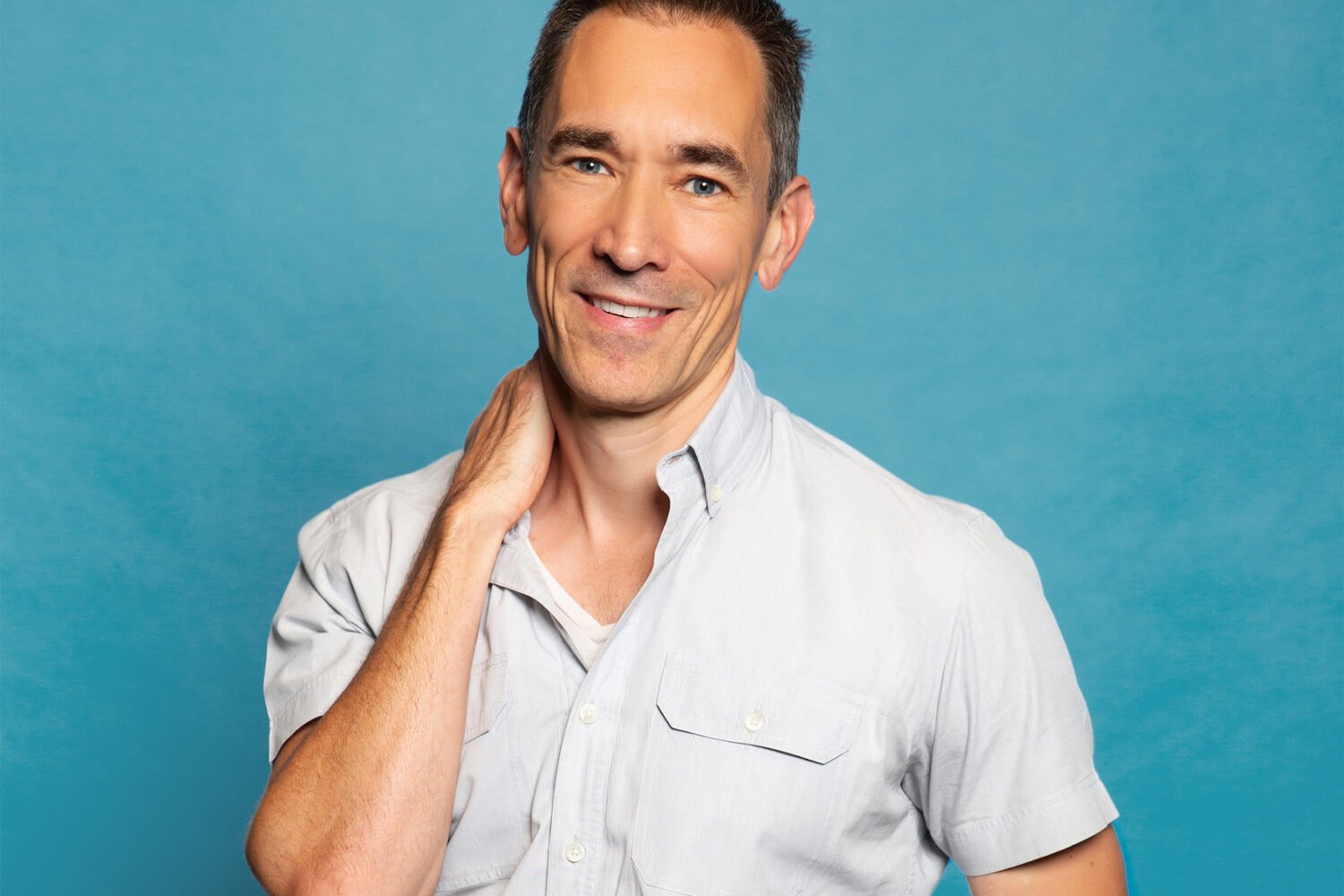
By 1943, nine-year-old Tom Buergenthal had spent most of his childhood on the run, only a few steps ahead of the Nazis.
Buergenthal was born in Lubochna, Czechoslovakia. His parents, who ran a hotel, had fled Germany after Hitler came to power. On the day World War II started, the family boarded a train that was to take them from Poland to Britain. The train was bombed, and the Buergenthals walked to a Polish city called Kielce, where they lived out the first years of the war in the Jewish ghetto.
After the Germans liquidated the ghetto in 1942 and sent most of the 25,000 inhabitants—including Tom’s grandparents—to their death at Treblinka, he and his parents ended up in a labor camp. One day, the Germans began to round up the children. When a soldier tried to grab Tom, his father bellowed, “Let’s speak to the commandant!”
Holding Tom’s hand, Mundek Buergenthal walked up to the commandant. Before his father could say anything, Tom looked up and said, “Captain, I can work.” The commandant said, “That we will soon get to see,” then motioned father and son back to a line of people who would stay in the camp.
Buergenthal—until last year the American judge on the International Court of Justice in the Hague and now a professor at George Washington University law school—published an autobiography in 2007. (A US edition came out in 2009.) He called it A Lucky Child, but his luck surviving in Kielce was only the beginning.
He was sent to Auschwitz with his parents, and on the day he was headed for the gas chamber, the SS decided to delay the killings until they had more people. Buergenthal then survived the infamous “death march” after the Germans emptied the camp and was deported to Sachsenhausen camp, where he was liberated by the Soviets in 1945.
Although he was separated from his parents—his father died at Buchenwald—Buergenthal’s mother, Gerda, located him in 1946 at an orphanage near Warsaw.
He came to America when he was 17, eventually earning a law degree from Harvard. He was dean at American University’s law school and served on the Inter-American Court of Human Rights, the United Nations Human Rights Committee, and the UN Truth Commission for El Salvador.
Most recently, he sat for a decade on the International Court of Justice, known as the World Court, before returning to Washington to be closer to his three children and two stepchildren and nine grandkids. He lives in Chevy Chase with his wife, Peggy.
In his GW office, Buergenthal talked about what he’s learned.
Next: Surviving the Holocaust is not “divine intervention”
Your book is A Lucky Child, though people wouldn’t think you had a lucky childhood.
In 1939, when we were on the run in Poland, a friend of my mother’s invited her to come with her to a fortuneteller, who told my mother things were going to be bad for the family. Then she said, “But you have a son and he will get through it all unscathed. Yes, he’s a lucky child.” When she couldn’t find me after the war, everybody told her, “He couldn’t possibly have survived.” She kept saying, “I know he’s alive.” After the war, she insisted she never believed the fortuneteller, but it was clear that believing I was alive sustained her.
People say, “It was divine intervention.” I find it’s the most arrogant notion to think I survived because of divine intervention. Why me, when millions of children died?
One of the surprising things about your book is the presence of mind of a ten-year-old to manage on his own.
My parents were very good at survival training as long as we were together. But I am convinced that the average intelligent child, under those circumstances and having his or her eyes open, would make it. I always compare myself to the street children in Latin America and other places—these are even younger kids who live by themselves, are hungry all of the time, and they’re managing.
You talk in the book about near misses. Any that stick in your mind?
Yes, the one at Auschwitz where I was only saved because our SS guards decided that they didn’t have enough people to take to the gas chamber. The guards mounted a selection in which I was separated from my father. I never saw him again. My father was ordered to the left and I to the right. That forced me into a room with people who, I realized right away, were destined for the chamber.
There were 30 or 40 of us in the barrack, and they decided to postpone the killing until they had more. They took us to a sort of infirmary camp and put us in the barrack with people who had scabies. One morning, I woke up and the people who had come with me were no longer there. What I didn’t know was that each of us had a card with our number, and on the back of it was a red cross, which meant we were going to be picked up. When the SS guards came for our group one night, they looked at the back of the cards. But my card had no cross because our Polish doctor had torn it up and written a new card.
This camp was very close to the gas chamber, so every night I heard a lot of noise and screaming. That’s why I didn’t wake up when the SS came in, because this was a normal event when I slept.
Why didn’t your family leave Europe when it had the chance?
My father was an optimist. He believed that Hitler wouldn’t last more than four or five years. That is why he did not want to be too far from Germany.
How did you feel when you were reunited with your mother?
I still can’t talk about it. It took me a long time to describe this event in the book.
Did seeing evil so starkly teach you anything about human nature?
It’s totally unpredictable—at least it appears to be—how people are going to act under stress when they want to save themselves or when their careers may be involved. You have people who behave ethically and others who become killers and torturers.
I always ate my piece of bread as soon as I got it, because if I didn’t it would be stolen. There were people who would denounce others in the camps, and many of them were our own Jews.
There were Germans who became killers who probably would never have killed under normal circumstances.
Next: “I left the past behind.”
These events took place 65, 70 years ago. How much do you remember and how much was related to you by a relative or friend afterward?
There are certain things I didn’t write because I wasn’t sure. What is interesting to me is that my memory about a lot of other things that happened later on in life is just not there. My memory is particularly strong about what happened in the camps. Those five or six years stuck in my mind, and the rest faded away. After the war, my mother and I talked about it a lot, and that helped—so we refreshed each other’s memory.
Did you try to erase the memories or hang onto them?
It never haunted me, but it was there. I was always willing to talk about it. But I came to this country at the age of 17—there was so much to do that the past didn’t intrude on my new life. It wasn’t like people coming here in their forties and fifties, having lived most of their lives under terrible conditions and having only a limited future. For me, the future was here. I left the past behind. And it never interested me that much until I thought I better write about it before it was too late.
You seem to have a spirit of reconciliation. I can imagine having a deep desire for retribution.
I believe that while we cannot forgive what happened to us, we certainly can stop the vicious circle of hatred and retribution. Over time, that has made me much more tolerant and appreciative of efforts by people to learn from the past or make amends.
How did your experiences inform your life choices as an adult?
If I’d been good in science, I might have become a doctor, but I think I always knew I wanted to be an international lawyer. I had this naive notion that if you worked in international law you could prevent some of the terrible things that happened to us.
You have a great faith in the ability of the law to prevent these crimes?
I came to believe very strongly that if we had had the institutions for the protection of human rights we have today, much could have been prevented in Germany in the 1930s. I’m not saying that in the 1940s Hitler could have been stopped, but earlier yes. Hitler was quite hesitant at first in implementing his policies. It was all very gradual.
He was testing to see what would be tolerated?
Exactly. And that was in the ’30s. Hitler didn’t start to implement his policy of mass murder in ’33 when he took over—that policy started much later. But if in the period between ’33 and ’37 or ’38 there existed European human-rights institutions and treaties, what followed might never have taken place.
Or if there had been an international criminal court?
Yes. The worst thing was that we had a doctrine in international law that it was for every state to determine how to treat its citizens. The doctrine of noninterference in domestic affairs provided nations with two excuses. One was that they knew they didn’t have to worry about being told to stop mistreating their own people. It also gave nations an excuse not to intervene when they really did not want to. When pressured to intervene, these states thus had a ready-made reply—that to intervene would violate international law. Maybe if that rule had not existed, England, the United States, France, and others might have seriously tried to put pressure on Germany before it was too late.
Since 1948, we’ve had a Genocide Convention and other international treaties. Yet we seem to regularly have crimes against humanity—in Cambodia, Rwanda, Bosnia, Darfur.
It’s a tragedy that with all the laws on the books we still have these situations. The question one should ask, though, is what would have happened if we didn’t have those institutions. Note that we never write about the genocides that didn’t happen. What is often so frustrating if you work in human rights is that preventive methods work in some countries but not in others. Certain pressures prevent some dictators from embarking on genocide while the same pressures don’t work on others.
What further steps do we need to take as a society to prevent these crimes?
I believe in education for tolerance, for human rights—when you see what has happened in this country, for example, how multiracial the US has become while the opposite is happening in other countries. Racial, religious, and ethnic tolerance is something we have to work on around the world.
There’s also a tremendous amount of ignorance that has to be dealt with, for it is ignorance and gullibility that enables demagogues and hatemongers to build up a following.
Next: How Beurgenthal remains optimistic
Are you as optimistic as your father?
I think I am. One has to be an optimist in the human-rights field. Think of the many wars fought in Europe, of the animosity between Germany and France, and then reflect on how things have changed in Europe. Who would have thought that possible before World War II? Of course, many terrible things are still happening in the world, but there are also important advances.
Do you believe in God?
I don’t believe in a personal God. I think everybody has to believe in something, but not necessarily in a God who is there watching over us.
Did you believe in God at a certain point?
I came from a family that was not religious but that considered itself very much Jewish, as I do as well.
So it wasn’t like you went through the camps and that shook your faith?
If I hadn’t gone through the camps, I probably would have made a conscious effort to think about religion. But my experience made that topic uninteresting to me. I think it’s wonderful that people who have my experience can believe. I wish I could, but I can’t.
I remember that you haven’t read any books or seen any movies about the Holocaust.
I saw the first part of Life Is Beautiful but then realized what it was all about. Friends told us, “You have to see this new movie—it’s really good. ” But when I saw the railroad cars, I had to get out.
What do you feel about the US attitude toward international law?
It’s sad we are not perceived anymore as being in the forefront of the struggle for human rights. I’m talking even in terms of just self-interest. We have a tremendous self-interest in a world in which international law exists and is adhered to, and we behave sometimes in a way that is counterproductive in achieving that result. And we are paying a price.
I’ll give you an example. While I served on the International Court of Justice, we decided a case involving 53 Mexicans on death row in various US states. They had not been informed that they had the right under a treaty to which the US and Mexico are parties to seek help from the Mexican consulate. We held that they were entitled to a review of their convictions and sentences to determine whether the failure to provide them with that notice prejudiced their rights under the treaty.
Two of these individuals have in the meantime been executed without receiving such a review. The Supreme Court has held that the decisions of the ICJ in these cases are binding on the United States under international law but that only Congress has the power to give effect to them. More than five years have passed, and Congress has not acted. Then we are surprised that Pakistan or Iran violates similar treaty obligations involving Americans.
What have you learned about life?
I’m a great believer in forcing oneself to be tolerant, which I think is the key to a better world. And to be patient. When we are young, we are terribly impatient with progress. My Harvard law professor, a great scholar, used to say that one could not expect international law to solve all problems rapidly. It was more like building a wall one brick at a time.
This article appears in the October 2011 issue of The Washingtonian.

